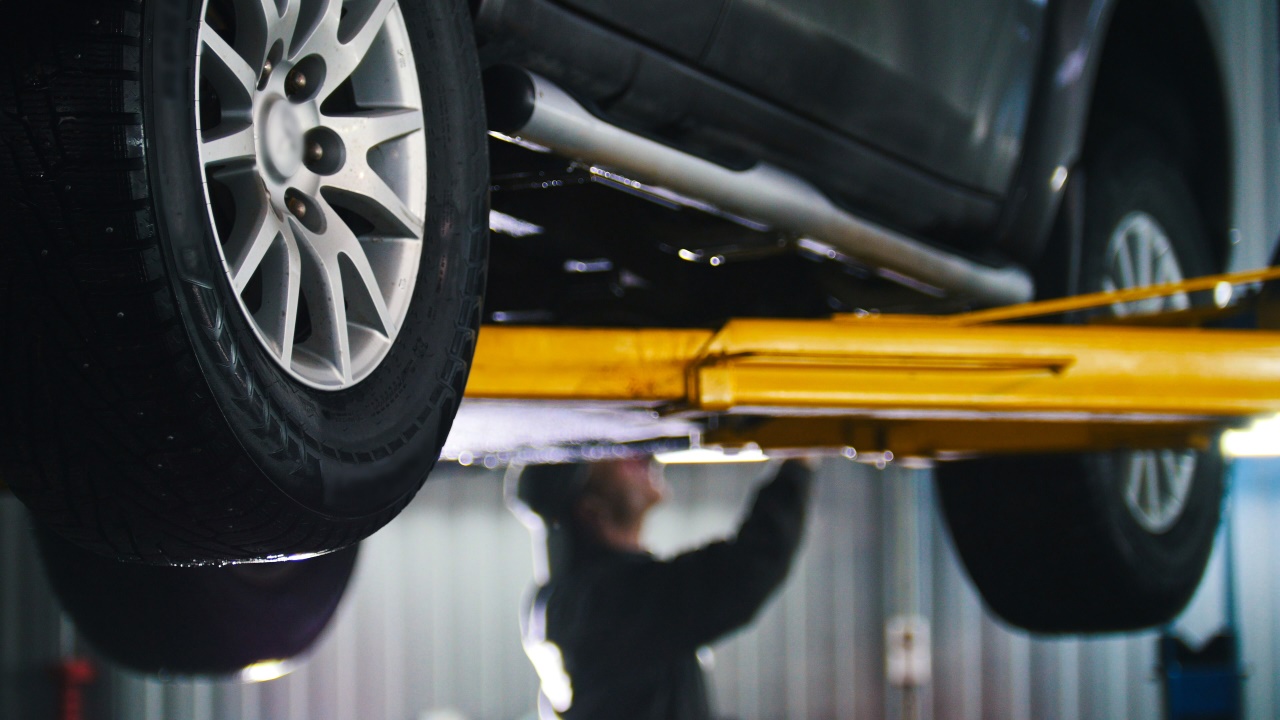Most Common Car Issues
Routine maintenance is a perfect option to ensure the longevity of your car, SUV, or truck, however, different vehicles have problems common to them; to heighten your awareness about them, and we have grafted them into a list below.
1. Fuel Economy
The fuel economy of the vehicle is maximized when the engine runs efficiently. The efficiency of the fuel economy is dependent on fuel system parts like fuel filters, air filters, mass airflow sensors, and O2 sensors. With use, they tend to eventually get dirty or wear out. When this happens, they can be replaced, although replacement might cause the engine to consume more fuel than usual. This is why routine servicing is still a big bang.
2. Battery Issues
Most car batteries should last about three years. A dead battery is a common battery issue that often occurs. It is usually caused by reduced amps or electrical currents. The battery life or electrical currents tend to naturally decrease as the battery loses its ability to maintain a charge. This can be caused by factors such as
• A damaged alternator,
• Damaged battery temperature sensor,
• Damaged charging system components
Replacing your car battery every three years can remediate this problem.
3. Flat Tires
Do you wonder why people get flat tires? Although a puncture by sharp objects can precipitate this, wear and tear can also do the same. You can successfully extend the lifespan of your car tires by keeping them properly rotated.
4. Warning Lights
A warning light is also known as the check engine light and it springs up as a very common car issue in the US. It happens when the ECU (engine control unit) detects an error code triggered by a sensor. There are several warning codes and having a professional mechanic complete a warning light inspection is the best way to handle things.
5. A Sputtering Engine
Engines are designed to run best when air and fuel properly mix and properly undergo combustion in the combustion chamber. To efficiently complete this process, a series of fuel and ignition system components must work together. To reduce engine misfiring or sputtering issues, it is important to replace fuel and ignition system components appropriately.
6. Brakes Grinding
The brake system is not designed to function forever. They can wear out after a period of use. Since brakes are vital for safe stopping, they can display a variety of issues ranging from so squealing, squeaking, or a soft brake pedal. The appearance of any of these issues should be addressed appropriately.
7. Alternator Failure
The alternator functions in keeping all electrical systems running once the car starts. When an alternator breaks, it tends to cause battery wear out as well as other starting issues. You should regularly check your alternator for issues and get it fixed appropriately.
8. Failed Emissions Test
Most US states require an emissions test to register your car. A failed emission test can occur when a check engine light illuminates. You can also check at emission centers to be doubly sure and implement the necessary repairs.
9. Broken Starter Motor
The starting process of the vehicle is begun by the starter motor. When this component fails, it can be because the electrical solenoid has been damaged, or there is a breakage in the starter motor itself. A car inspection can earn you your way into getting it properly fixed.
10. Steering Wheel Shaking
Multiple issues can cause the steering wheel to shake while driving. It can be a result of wheel bearings or damaged suspension components, balance issues, or other factors. Have a professional check your car to prevent the escalation of the already existing problems.

Junk My Car Biloxi
- Biloxi, Mississippi
- 228-332-3836
Cash For Cars Biloxi
2025 © Junk My Car Biloxi All Rights Reserved. Privacy Policy
